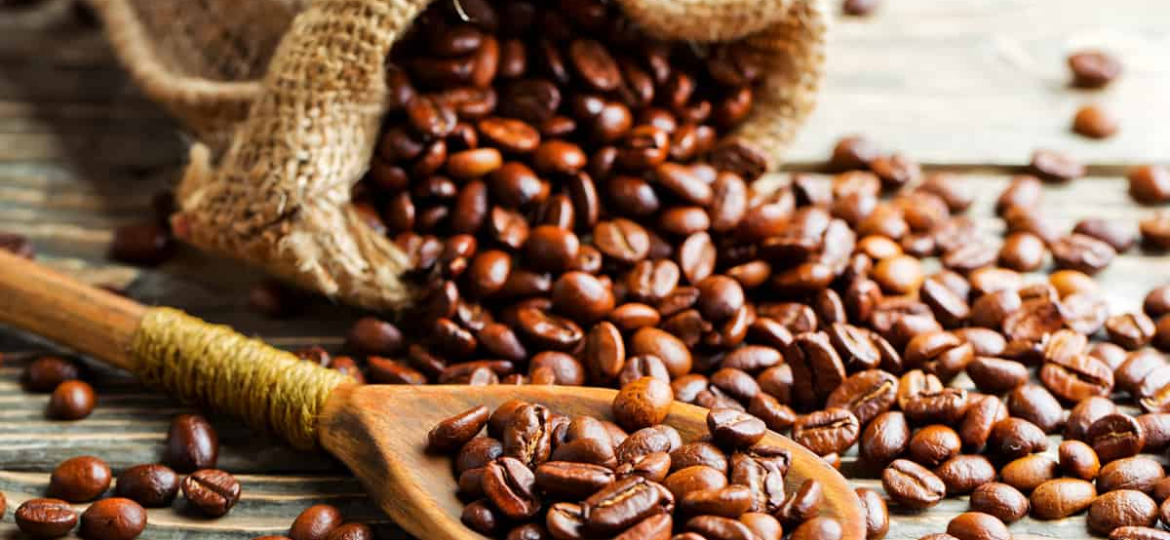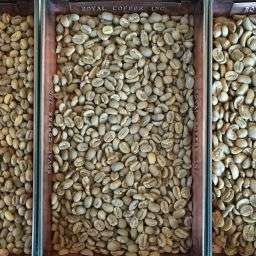
Coffee beans, much like any natural product, are susceptible to deterioration over time. This degradation not only impacts their flavor and aroma but also their overall quality. Freshness is paramount in coffee as it directly influences the sensory experience, delivering the rich and aromatic cup that coffee enthusiasts cherish.
The journey of coffee beans from the farm to the cup is fraught with potential for loss of freshness, making an understanding of their shelf life and the factors affecting it crucial for consumers seeking the ultimate coffee experience.
Can Coffee Beans Go Bad?
Indeed, coffee beans can go bad. This doesn’t mean they become inedible but rather that their quality, in terms of flavor and aroma, diminishes over time. Oxidation plays a central role in this process, as it does in the aging of many food products. When coffee beans are exposed to oxygen, chemical reactions occur that degrade the oils and compounds responsible for coffee’s distinctive flavors and scents.
This degradation leads to a stale taste, which is often described as flat or lifeless compared to the vibrant profile of freshly roasted beans.
Factors Influencing Coffee Bean Freshness
Several key factors contribute to the freshness of coffee beans, each playing a role in how long your coffee can maintain its peak flavor:
- Age: The time elapsed since roasting significantly affects coffee’s quality. Freshly roasted beans are at their peak of flavor shortly after roasting and gradually lose their vibrancy over time.
- Exposure to Air: Oxygen is one of the primary culprits in the aging process of coffee beans. Once the protective barrier of the coffee bean is breached, either by grinding or simply opening the storage container, oxidation accelerates.
- Heat: High temperatures can hasten the degradation of coffee beans, causing the volatile compounds responsible for aroma and flavor to dissipate more quickly.
- Light: Similar to heat, light, especially direct sunlight, can degrade the quality of coffee beans by accelerating the oxidation process.
- Moisture: Humidity or moisture can lead to the development of mold and mildew on coffee beans, as well as speed up the oxidation process, further degrading the quality of the coffee.
Understanding these factors is essential for anyone looking to preserve the freshness and quality of their coffee beans, ensuring that every cup brewed is as flavorful and aromatic as intended. Proper storage and care, detailed in subsequent sections, can mitigate these effects and prolong the enjoyment of your coffee.
How to Keep Coffee Beans Fresh
Ensuring the freshness of coffee beans starts with purchasing freshly roasted beans, a critical step for preserving their inherent flavors and aromas. Once the beans are roasted, the clock starts ticking on their freshness, making immediate and proper storage paramount. The goal of storage is to minimize exposure to the four main elements that accelerate the degradation process: air, light, heat, and moisture.
Storage Solutions
The best storage solutions for coffee beans emphasize keeping them in an environment that protects them from these elements. Using airtight containers is essential, as exposure to air not only accelerates oxidation but also allows for the absorption of odors, which can alter the beans’ flavor profile.
Containers made from non-reactive materials like glass, ceramic, or non-reactive metals are preferable, as they do not impart any flavors onto the beans. It’s also crucial to store coffee in a cool, dark place. Cabinets away from any heat source or direct sunlight provide an ideal environment, ensuring the beans are kept at a stable temperature and protected from light, which can degrade the coffee oils.
Refrigeration and Freezing Coffee Beans
The debate on refrigeration and freezing coffee beans centers around the impact of these environments on the beans’ longevity and taste. Refrigeration is generally not recommended due to the risk of condensation, which introduces moisture to the beans and can lead to mold growth and flavor degradation.
Freezing, on the other hand, can be a viable option for extending the shelf life of beans, especially in airtight, vacuum-sealed containers. However, it is critical to only freeze beans once, as the thawing process can cause condensation. If opting for freezing, ensure beans are portioned into small batches that can be used without requiring the beans to go back into the freezer.
Signs Your Coffee Beans Have Gone Bad
Identifying when coffee beans have gone bad involves observing changes in their appearance, smell, and taste. Visually, fresh beans have a slight sheen from the oils that contribute to coffee’s rich flavors. Beans that look dull and have lost their oily sheen may be stale. The smell of coffee beans is another powerful indicator of their freshness.
Beans should have a strong, pleasant aroma; a lack of smell or an off-odor can indicate they are past their prime. The ultimate test, however, is taste. Fresh beans yield a rich, full-flavored cup of coffee, while stale beans result in a flat and uninspiring brew.
Mold and Coffee Beans
Mold growth on coffee beans not only spoils the taste but also poses health risks, as mold can produce harmful mycotoxins. Beans stored in damp conditions are particularly susceptible to mold. To prevent mold, ensure beans are kept in a dry, cool environment and in containers that limit air exposure.
Regularly inspecting beans for any signs of mold or unusual odors is crucial, and any beans suspected of being moldy should be discarded immediately to avoid health issues.
FAQs Based on Google’s “People Also Ask”
Can you freeze coffee beans?
Yes, you can freeze coffee beans to extend their shelf life. For optimal results, store them in airtight, vacuum-sealed containers to prevent moisture and air from altering their quality. It’s best to freeze in small batches that you’ll use within a short period once thawed to avoid repeated freezing and thawing cycles.
How long can you store coffee beans?
Stored properly, whole coffee beans can maintain freshness for up to a month after roasting, though some argue they can last longer if kept in optimal conditions. Once opened, aim to use coffee beans within a few weeks to enjoy their best flavor profile.
Does ground coffee last as long as whole beans?
No, ground coffee does not last as long as whole beans. Once coffee is ground, its surface area increases, exposing more of it to air, light, and moisture, which accelerates the oxidation process. Ground coffee typically remains fresh for 1-2 weeks, whereas whole beans can stay fresh for up to a month or more under ideal storage conditions.
Short-term vs. long-term storage tips
For short-term storage, keep coffee beans in an airtight container at room temperature, away from direct sunlight and moisture. For long-term storage, freezing coffee beans in airtight containers can preserve their freshness, but it’s crucial to avoid moisture exposure upon thawing.
The impact of grinding on coffee freshness
Grinding coffee beans accelerates their exposure to oxidation, leading to a quicker loss of flavor and aroma. To maximize freshness, grind beans immediately before brewing, and only the amount needed for immediate use.
Environmental Factors Affecting Coffee Beans
Exposure to humidity, heat, and light can significantly affect the quality of coffee beans. High humidity levels can introduce moisture to the beans, leading to mold growth and a stale taste. Heat accelerates the oxidation process, diminishing the beans’ flavor and aroma. Light, particularly direct sunlight, can also degrade the quality of coffee beans by breaking down the compounds responsible for their taste and smell. Storing coffee in a cool, dark, and dry place is essential for preserving its quality.
Conclusion
To prevent coffee beans from going bad, it’s crucial to understand and mitigate the factors that accelerate their degradation, such as air, light, heat, and moisture. Proper storage techniques, including the use of airtight containers and careful consideration of storage location, play a vital role in extending the shelf life of coffee beans.
For those looking to enjoy the best possible coffee experience, paying attention to the freshness of beans and grinding them just before brewing can make a significant difference. Ultimately, the key to enjoying fresh, flavorful coffee lies in understanding how to store and handle coffee beans to preserve their quality and taste.









